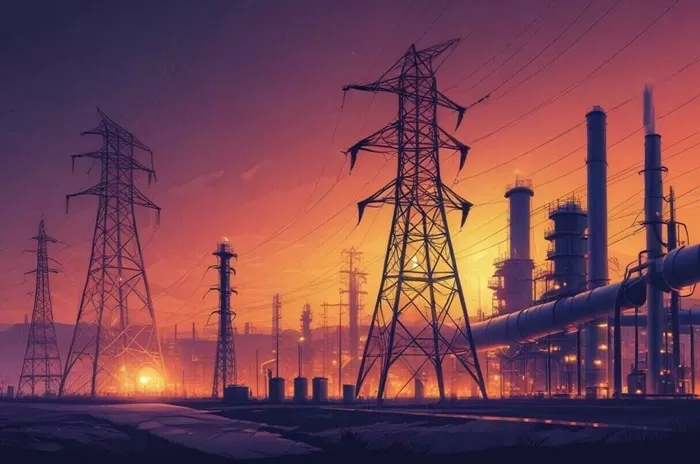The Task Force on Energy has started talks with 18 independent power producers (IPPs) as part of an ongoing effort to stabilize the country’s energy sector. This follows recent agreements with five IPPs that had their contracts terminated. The aim of these negotiations is to address the challenges within the power sector, which is contributing significantly to the country’s economic difficulties.
A key negotiator for the Task Force briefed a parliamentary panel on Tuesday, saying the group is also evaluating state-owned generators and expanding its focus to include solar and wind power projects. The negotiation process is expected to be completed in the next three to six months.
The Senate Standing Committee on Power, led by Senator Mohsin Aziz, is working to review current agreements, assess profit margins, and consider potential future actions. One major issue discussed was the unpaid electricity dues owed to Khyber Pakhtunkhwa.
Senator Aziz expressed concern over the lack of transparency surrounding profit margins, kickbacks, and the absence of heat rate audits. He questioned the future of the remaining IPP contracts after the termination of five agreements, stressing the urgency of the situation.
Muhammad Ali, Special Assistant to the Prime Minister, addressed the financial dynamics of the IPPs, revealing that their profit margins have reached over 27 percent due to high returns on investment. He also pointed out that heat rate tests were not conducted during tariff approval by the National Electric Power Regulatory Authority (NEPRA).
“NEPRA granted tariffs without checking heat rates,” Ali explained, adding that legal challenges from IPPs had hindered efforts to carry out necessary audits. In a significant policy shift, he announced the government’s decision to separate tariffs for bagasse-based power plants from the dollar-based coal rate. This change aims to localize energy costs and reduce dependency on volatile international markets. The proposal has been sent to the cabinet for approval.
The Task Force’s actions have resulted in an estimated Rs60 billion in annual savings after terminating five IPP contracts, based on recommendations from the National Transmission and Dispatch Company (NTDC). The government is now negotiating with the IPPs to recover these savings.
Ali also referred to a 2019 study prompted by rising electricity costs, which revealed that IPPs had received upfront tariffs under the 1994 power policy, with equity returns based on the 2002 policy. Senator Aziz noted that, according to the study, IPPs recouped their investments in just two to four years, with coal power plants achieving this in only two years. Ali argued that the average returns of 13 to 17 percent offered in Pakistan are much higher than international standards. He suggested that the government should withdraw from direct market involvement and focus on developing a competitive power market.
The committee also discussed the issue raised by Senator Aimal Wali Khan about IPP fees being included in Pesco bills in Khyber Pakhtunkhwa, despite the province not producing any electricity. Special Secretary Arshad Majeed Mohmand explained that the federal government sets electricity prices to ensure uniformity across the country.
Senator Haji Hidayatullah Khan highlighted Khyber Pakhtunkhwa’s claim of Rs1.5 trillion in unpaid electricity dues from the federal government, pointing out the province’s energy generation capacity compared to its actual demand. He called for either provincial control over resources as outlined in the 18th Amendment or its repeal.
Senator Taj Haider urged a review of the tariff policy, suggesting that resource-rich provinces should receive better benefits. In response, Ali reiterated that the Constitution mandates equal electricity rates across Pakistan, with the federal government absorbing power losses to support provinces financially.
Related Topics
- National Grid Collapses Again; TCN Attributes Issue To Line Tripping
- SSEN Distribution Trials Net Zero Solutions For Power Cuts
- Vodacom Partners With Circular Energy To Tackle E-Waste

